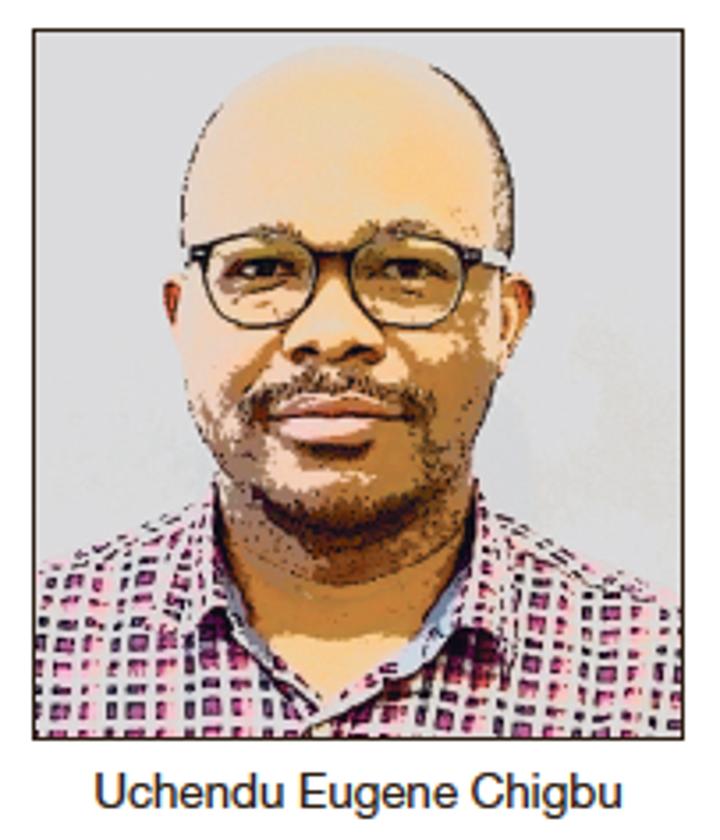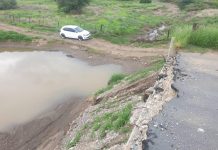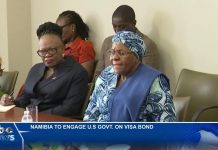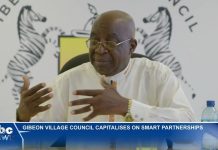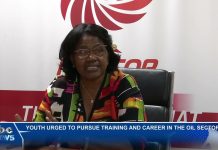Africa-Press – Namibia. DISABILITY DOES not simply mean the inability to hear, see, taste, read, walk, or hold. It is much more than that. It has socio-economic undertones. Disability is a physical or psychological condition (or both mind and body impairment) that causes incapacitations in people, such that they are unable to achieve their natural potential. Landlessness is a disability.
The condition of not having access to land (landlessness) is a catalyst for propertylessness (or being propertyless). A state of propertylessness is a recipe for poverty. And poverty, as we should all know, entails both social and economic disability. Hence, landlessness is a socioeconomic disability. It is a disability because it imposes limitations on people. It affects people’s ability to engage in socioeconomic activities (economic limitations) and to engage in development activities (participation limitations) and with people around us (social limitations). It causes limitations (or restrictions) to good social relations and mental health. And, like medical disabilities that are tough for medical doctors to cure, it is a disability that is tough for governments to handle. The difference between medical disabilities and landlessness is that unlike the former, it is a disability with its solutions staring us in the face every day and everywhere. If left unsolved for too long, it can lead to all forms of medical disabilities, both psychological and physical.
For those who may find my repetitive use of “disability” and “disabilities” irritating, I offer no apologies. It is what it is. It reflects the state of what still needs to be done before many people all over Africa (and in Namibia) can step onto the ladder of socio-economic empowerment. HISTORICAL TRAUMA
Land resources in most African societies are central to the achievement of socio-economic empowerment. It is a source of livelihood, including cultural heritage, environmental health, peace, communal identities, and the basis for multiple livelihood options in everyday living. If there is one thing we must learn from history, it is that in societies with a history of land dispossession or resource-related dehumanisation experiences, people have always lived in a state of socio-economic uncertainty; the uncertainty of not knowing how long their peace would last.
Put differently, the lack of joy (or pretentious joy) of knowing they have a big problem to solve. That is, the search for ways to address the historical trauma of marginalised populations caused by land or natural resource injustices. This uncertainty persists because, as Nigerian playwright Ola Rotimi in his book, ‘The Gods are Not to Blame’, put it, “Joy has a slender body that breaks too soon.” Joy never lasts in a state of uncertainty. Again, for those who may find it too irritating – my repetitive use of “uncertainty” this time – I offer no apologies. Again, it is what it is. It reflects the state of what still needs to be done before many people across Africa (and in Namibia) can step onto the ladder of socio-economic empowerment.
Disability and uncertainty are two words that characterise the condition of landlessness. There is a large body of research works on the history of land dispossession, but in Africa what is usually omitted in these histories is the retinue of traumas we go through due to land colonisation and land dispossession. Efforts to understand the socio-economic disabilities that emerge from land injustices require community self-awareness, community consciousness, political will as a grasp of the spiritual or non-material aspects of land issues in its everyday manifestations. In a foreword I wrote for Robin Throne’s book, ‘Indigenous Research of Land, Self, and Spirit’, I noted that: “Land colonisation, whenever and wherever it happened, has always killed resilience – i.e., the amount of stress a human-environment system can absorb and still build and increase its capacity for liveability better than before. When a community loses its resilience, it is more susceptible to generational failure as it cannot absorb instabilities as it previously could over a long period.
POLITICAL WILL Tackling the situation – in terms of both theorising and practicalising how to disburden land colonisation consequences – requires the understanding of the indigenous, the awareness of self and the spirit to engage in change.”
For any sustainable development to happen, whether in Africa in general or Namibia in particular, landlessness must be addressed. Without addressing landlessness, uncertainty will persist. Those who hold land acquired through historical injustices must accept that, as good citizens, the land they hold or own or inherited or bought are replicas of ill-gotten wealth. The historically marginalised must accept, also as good citizens, that their quest to gain access to a little part of their true ancestral heritage should not be an issue of vengeance. Policymakers and politicians must know, as both good citizens and leaders, that inactivity or procrastination is not an option to solving the disabilities of landlessness.
The political will to engage continuously and proactively the land-rich and the land-poor always is a first stage to solving landlessness. Occasionally, moderated conferences do not always lead to lasting solutions.
For More News And Analysis About Namibia Follow Africa-Press

